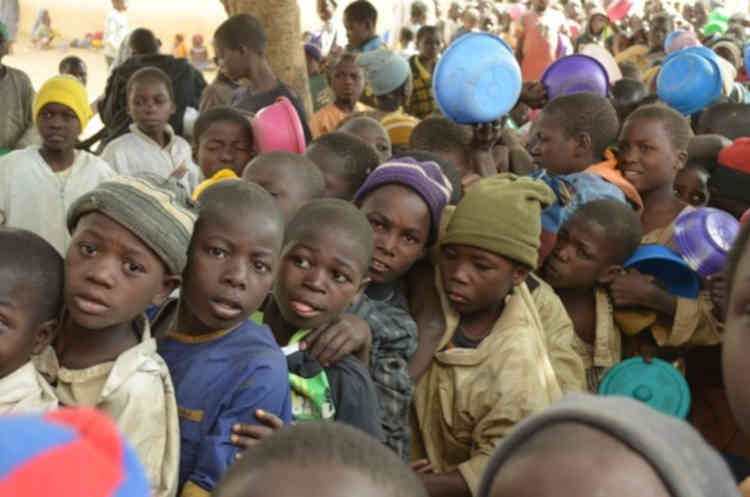News
COVID-19: Benue Govt to return 40 “Almajiri” to states of origin

The Benue Government says it has concluded plans to return to their respective states, 40 Quranic education pupils, popularly known as “Almajiri”, who sneaked into Makurdi after violating the inter-state travel ban.
Deputy Governor Benson Abounu, who is also the chairman of the COVID-19 Response Team in the state, disclosed this on Wednesday in Makurdi during an expanded meeting of the committee.
Abounu said that the Almajiri, mostly teenagers, who were discovered in a one-room apartment in Wadata area of Makurdi, would be sent back to their states of origin on Thursday, April 30.
The deputy governor also disclosed that the state had paid for 100,000 sets of face masks at the cost of N20 million from the Cross Rivers Government.
“The masks will soon be delivered to the Benue government; we paid N20 million to the Cross Rivers government for them. They were produced at a unit cost of N200.”
He explained that many companies submitted proposals for the procurement of face-masks but had high quotations.
According to him, some indigenous companies in the state were engaged to produce 20,000 additional face masks that will be distributed to the people.
He said that the state was yet to record another COVID-19 positive case after the index case, dding that more samples were being collected.
The official said that the state received three trucks of rice and one truck of tomato paste from the Federal Government as palliatives, adding that more palliatives were being expected from the Dangote Group.
Also speaking, Gov Samuel Ortom announced the release of additional N50 million to the COVID-19 Committee in the state.
Ortom commended the committee for the work already done, but charged them to redouble their efforts to ensure that the state was free from the pandemic.
Earlier, Prof. Stephen Abah, the leader, Nigeria Centre for Disease Control (NCDC) in Benue, had said that the state was vulnerable as a result of its numerous borders and its high Internally Displaced Persons (IDPs).
Abah said that the state needed to tighten its borders, decentralise its sample collection process and strengthen its surveillance.
He also advised on decentralised treatment centres, border vigilance, protection of health workers, among other measures.
He said that the state had the capacity to treat COVID-19 patients, adding that efforts should be redoubled in case of critical response situations.




 Davido's Net Worth & Lifestyle
Davido's Net Worth & Lifestyle 
